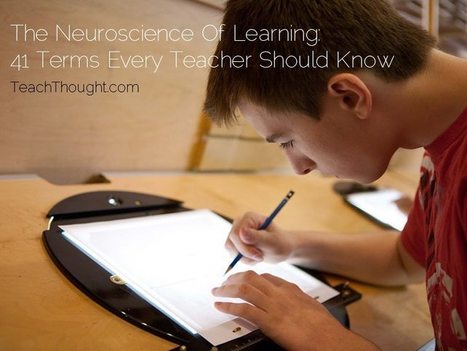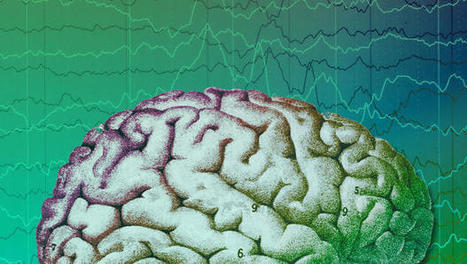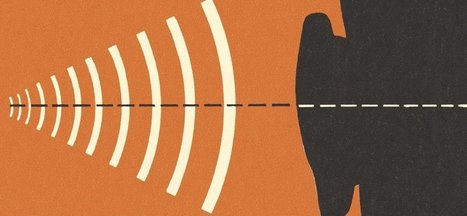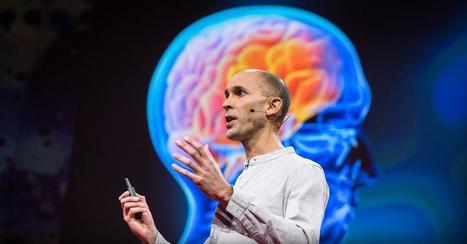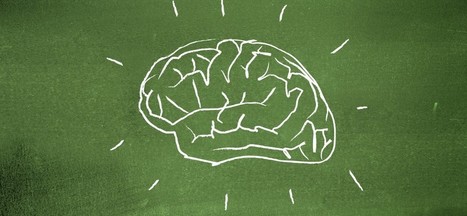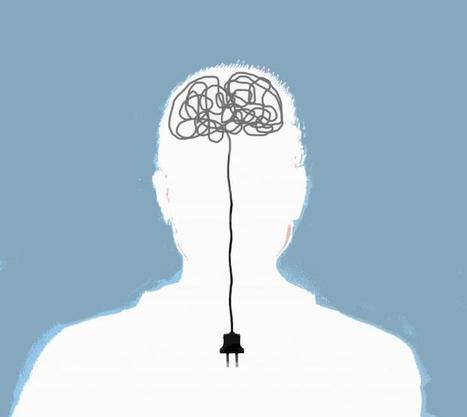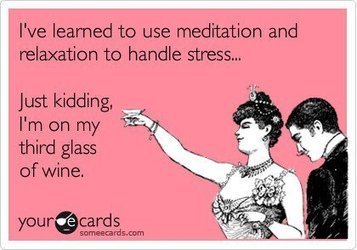Get Started for FREE
Sign up with Facebook Sign up with X
I don't have a Facebook or a X account

 Your new post is loading... Your new post is loading...
 Your new post is loading... Your new post is loading...

Koen Mattheeuws's curator insight,
December 7, 2017 4:39 AM
Verrijk uw neurologisch-didactische vocabularium en spreek voortaan eenzelfde taal in uw team.

Simon Vuillaume's curator insight,
December 15, 2017 3:54 AM
The Neuroscience of Learning: 41 terms every teacher should know.... As well as trainers and instructional designers ... Here are my top 17: - Affective filter - Cognition - Dopamine - Executive Functions - Hippocampus - Limbic System - Long-Term Memory - Metacognition - Neuronal Circuits - Neuroplasticity - Numeracy - Patterning - Prediction - Prefrontal Cortex - Rote Memory - Serotonin - Short-Term Memory (working memory) Don't forget to take care of your brain !

shreya's comment,
April 12, 2019 1:38 AM
Razer Rapper LAPTOP STAND Spirit Blade Stealth Notebook Aluminum Base:https://www.newbecca.com/product/category/50038527

shreya's comment,
September 18, 2019 5:58 AM
taobao agent Running mobile phone arm bag men and women sports equipment fitness arm bag wrist bag Apple 7 arm with arm bag 6plus arm set https://www.yrbuy.com/china/243794/running-mobile-phone-arm-bag-men-and-women.html

American Institute Health Care Professionals's curator insight,
January 20, 2017 3:59 PM
Neuroscience: Meditation Is A Great Workout For Your Brain
Good article about meditation and how mediation is good for the brain. Please also review our mediation instructor program

The Learning Factor's curator insight,
January 8, 2017 4:41 PM
Neuroscience offers some handy hacks to learn faster, focus better, and make smarter decisions this year.

Katherine Bryant's curator insight,
September 7, 2016 5:29 AM
I love silence, maybe this explains why!

Michelle Sales's curator insight,
September 8, 2016 6:07 AM
Finding silence in your day. It's more important than we think... |

shazia.wj's curator insight,
January 8, 2018 5:37 AM
According to neuroscientist Anil Seth, we're all hallucinating all the time; when we agree about our hallucinations, we call it "reality." Join Seth for a delightfully disorienting talk that may leave you questioning the very nature of your existence.

Kenneth Mikkelsen's curator insight,
May 6, 2017 5:23 AM
Most neuroscientists accept that the brain computes by modifying its synapses, the links between neurons. On this view, the brain learns because experience molds it, rather than because experience implants facts. But experience does implant facts. We all know this, because we retrieve and make use of them throughout the day.

The Learning Factor's curator insight,
January 10, 2017 4:55 PM
Do you feel like your attention span is shortening? Stretch and strengthen it with these steps.

The Learning Factor's curator insight,
November 27, 2016 4:29 PM
Learning is no longer something we just do in schools. 
Gisele HELOU's curator insight,
November 28, 2016 3:23 AM
Learning is no longer something we just do in schools. |




